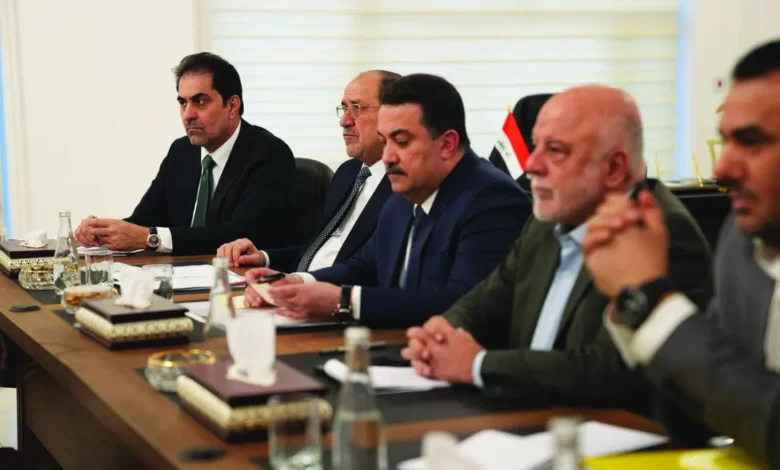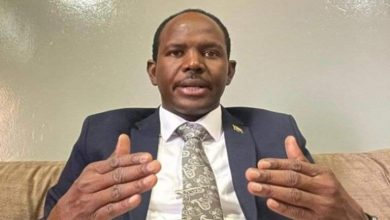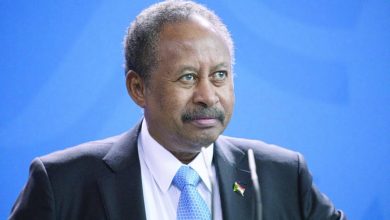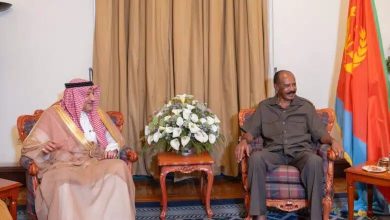Early Preparations for the 2025 Iraqi Legislative Elections

While the Iraqi parliament voted to extend the mandate of the Electoral Commission, Iraqi political forces have begun recalculating their strategies in preparation for the 2025 election.
Before the extension decision, political forces were considering the possibility of early elections. However, party plans have now shifted towards amending the election law.
Last year, the leader of the State of Law Coalition, Nouri al-Maliki, supported the idea of early elections, but he did not receive support from political forces, including the withdrawn Sadrist Movement led by Muqtada al-Sadr, who has not yet decided whether to participate in the elections. However, he changed the name of his movement to “National Shia,” signaling a potential return to the political process.
After failing to convince the parties to hold early elections, al-Maliki shifted focus to pressuring for changes to the electoral law, in an attempt to limit Prime Minister Mohamed Shia’ al-Sudani, who is expected to run in the upcoming elections. Al-Sudani is likely to benefit from his current position, and there are expectations that he will form alliances with Sunni and Kurdish forces.
Political sources indicated that a political team led by al-Maliki is working to ensure changes to the electoral law, though it has not yet received enough guarantees for such amendments, which could require al-Sudani to step down six months before the elections.
Political forces are engaged in discussions to find an acceptable formula for holding elections. A proposal by MP Amer Abdul Jabbar stirred wide debate, as he called for legislation to offer rewards and incentives for those who participate in the elections, a move that some political observers have criticized as “electoral bribery,” potentially opening the door to further political corruption.
The widespread boycott of Iraq’s elections remains one of the biggest challenges faced by the Iraqi political class, reflecting their inability to change people’s attitudes toward voting. Voter turnout has consistently remained below 30%, meaning that 70% of Iraqis are essentially boycotting elections.
Confusing Law for Voters
Legal expert Ali al-Tamimi believes that amending the law will confuse voters, political parties, and entities wishing to participate in the elections.
Al-Tamimi told Asharq Al-Awsat that “repeated amendments to the election law are an unhealthy move and will confuse voters, parties, and political entities because everyone has already organized their plans based on a certain electoral process, whether regarding their programs or nominations.”
He added that “the push to amend the electoral law benefits only a few political parties, not the public.”
While the date for the next parliamentary elections is still relatively far off, preparations have already begun through various means, such as attempts to change the electoral law to benefit certain parties against others.
Many connect administrative measures in provinces with the competitive election atmosphere, as seen with the dismissal of the governor of Dhi Qar, and the conflict between Kurdish and Arab forces in Kirkuk over the legitimacy of electing a governor, a matter also relevant to the ongoing negotiations to form the Kurdistan Regional Government.
In an unusual departure from diplomatic protocols, British Ambassador to Iraq Stephen Hickey offered advice to Iraq’s political class, accusing them of stalling political negotiations after the elections.
The British ambassador to Iraq stated that “the actions still being taken by the Iraqi political class could undermine the country’s reputation if the experience of long-term political negotiations that resulted in the formation of the current government under Prime Minister Mohamed Shia’ al-Sudani two years ago were repeated.”
These comments were made during a discussion session at the “Iraq Energy” conference in Baghdad, where he noted that “the security environment in Iraq is improving, and investment activity is moving promisingly, but political behavior needs to be more mindful of time during any negotiations related to government formation.”



